Gov’t may lay off workers – Osafo Maafo
- Posted on
- Comment
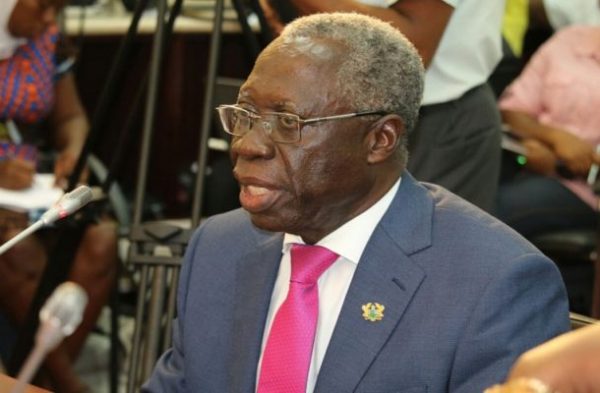 The Ghanaian economy as it is today cannot support new employment opportunities in the public sector as it is choked, the Senior Minister, Mr Yaw Osafo-Maafo, has said.
The Ghanaian economy as it is today cannot support new employment opportunities in the public sector as it is choked, the Senior Minister, Mr Yaw Osafo-Maafo, has said.
Giving hints of a possible downsizing in the public sector under the International Monetary Fund (IMF) Programme, he said the government might consider laying off some workers in the public sector.
Currently, the public sector is estimated to be employing more than 700,000 workforce.
Speaking at the opening ceremony of the sixth Ghana Economic Forum organised by the Business and Financial Times, he said the solution to the country’s graduate unemployment was a vibrant private sector.
The Senior Minister’s comments come at a time graduate unemployment is high in Ghana with private nurses and graduates of colleges of agriculture recently on the neck of government to employ them.
The statement also invokes memories of the 2015 when the Mahama Administration and the then running mate of the New Patriotic Party (NPP), Alhaji Dr Mahamudu Bawumia, jabbed the government for planning job cuts as part of the IMF Programme.
The Mahama Administration in a rebuttal had stated that the programme was about the rationalisation of the workforce and not downsizing.
The IMF Staff Report issued in April 2015 said in part: “The Government will undertake, with the assistance of development partners, a comprehensive plan to rationalise the size and increase the efficiency of the civil service and allied services on the payroll. The related strategic plan will be ready in December 2015, the results of which will inform the actual rationalisation of staff, which is expected to begin in 2017.”
Interestingly, in April this year, the Vice President, Alhaji Dr Mahamudu Bawumia assured public service workers of no lay-offs even though government has committed itself to completing the IMF programme.
According to him, the issue of worker lay-offs has not been brought to the table during government’s discussions with the IMF mission.
Ghana Economic Forum
The Ghana Economic Forum is an annual platform that brings together policy makers and the business community to deliberate on key economic development issues and also suggest possible solutions.
It was on the theme “ Ghanaian-Owned Economy: 60 Years After Independence.”
Diagnosing the unemployment challenges in the country, the Senior Minister traced the situation partly to courses being taught in the universities.
Graduate unemployment
“In 2005, when I was the Minister of Education, we had eight universities—made up of six public and two private universities, today, as I speak, the polytechnics have been converted into universities, we have 20 universities in the public sector and about 75 universities in the private sector. Ask yourself: where would the products of these hundred universities be working?”
“They can only find jobs if the private sector grows, expands and becomes prosperous. If we don’t get our mindset in this direction, we are heading for trouble as a country.”
“Most of those coming out of the universities are not technical brains; they are not into engineering. Most of the graduates are from the humanities. When you open universities in the private sector, it is not that easy for the private sector to put up a very credible technical university.
“It is very expensive to have an engineering school owned by the private sector. Most of those in the private sector go into Marketing, Economics, Sociology and Mathematics which are easily taught without expensive laboratories, so we have a problem,” he stated.
He, therefore, rallied captains of industry to cooperate with the government to get the problem resolved.
“It is solvable. If the economy was to go on the tangent the German economy has gone, then the public sector will not be a place to look for a job. When you finish the university, you look for a job in the private sector or employ yourself,” he said.
Agriculture and energy
Touching on agriculture, he said it was sad that a country with water resources and vast agriculture lands was importing vegetables and rice.
He urged the business community to take advantage of the opportunities available in agriculture.
With the country out of the grips of a crippling energy crisis that took its toll on business, he said the government was working hard to ensure that there was excess power supply so that in the event of unforeseen circumstances, industry and agriculture would not suffer.
-Graphic
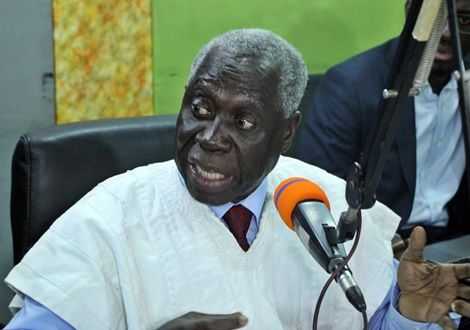
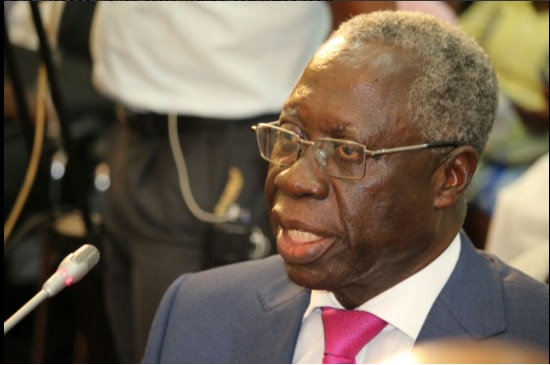
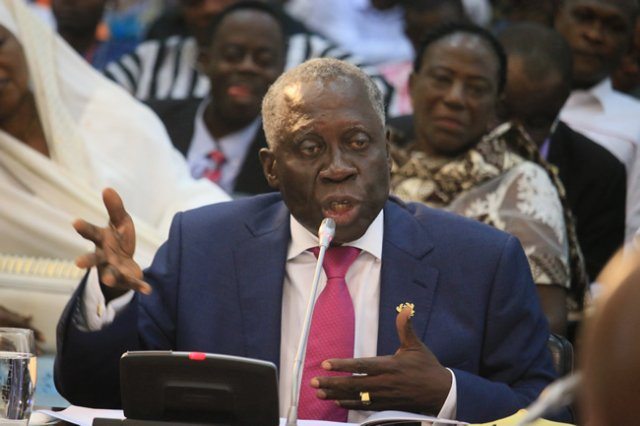
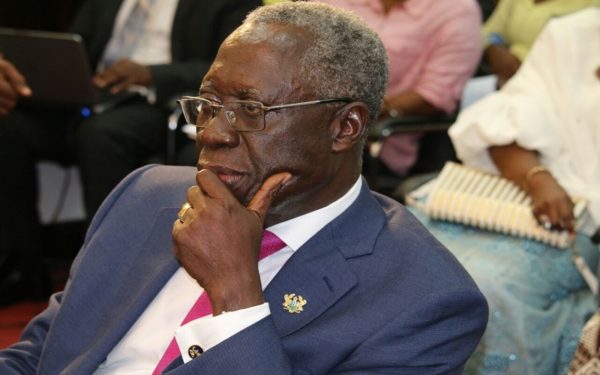






 (Selorm) |
(Selorm) |  (Nana Kwesi)
(Nana Kwesi)